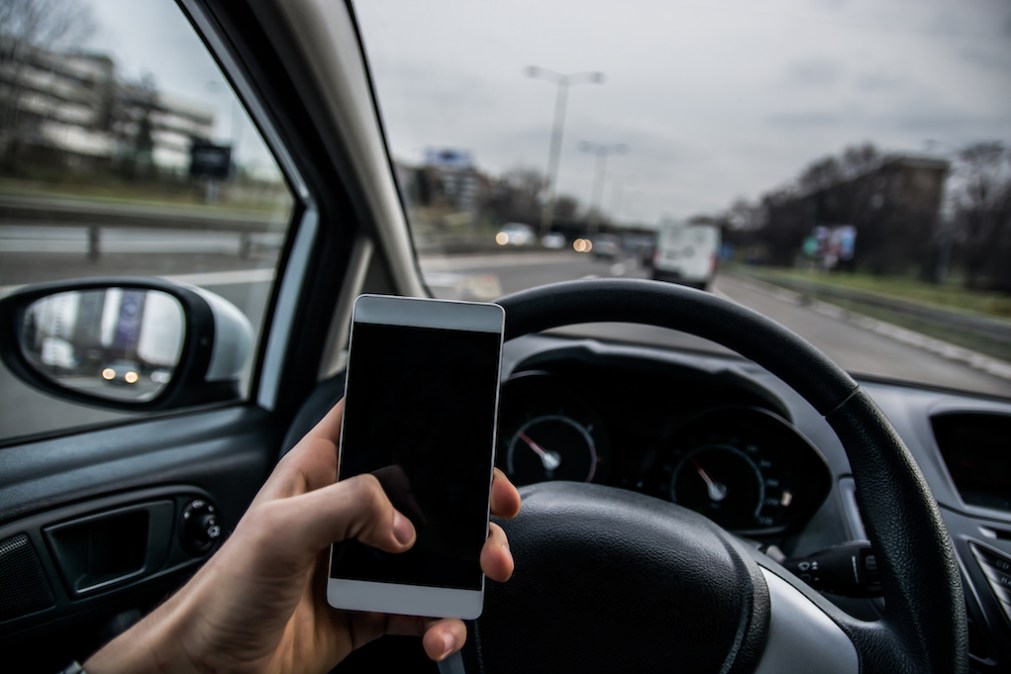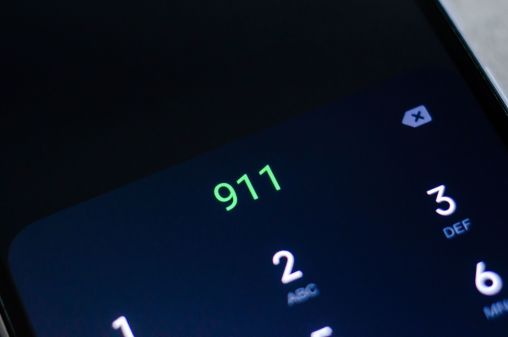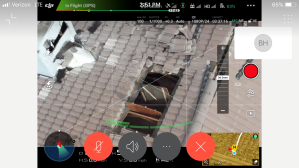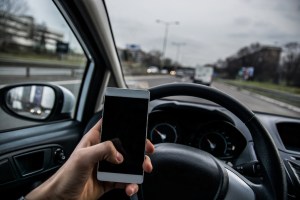Nevada lawmaker proposes controversial ‘textalyzer’ bill

Nevada lawmakers are considering a bill that would use a “textalyzer” device to determine whether a driver was using a mobile phone during a collision. If the legislation passes, Nevada would join New York, Tennessee and New Jersey as states where police can inspect drivers’ phones after a crash.
The measure, proposed last month by Democratic assemblywoman Michelle Gorelow, would authorize officers to use “use technology to determine if a driver was using a handheld wireless communications device at the time of the crash,” most likely by plugging a device into the phone after the crash.
Once it’s plugged in for about a minute, the “textalyzer” device obtains data about the most recently used apps, functions or user interactions with the phone. If the phone was used at the time of a crash, the investigating officer would then have evidence of distracted driving, which carries a $50 fine for the first offense in Nevada.
Cellebrite, an Israeli firm that makes the devices, says it doesn’t store any data from the phone it’s plugged into, a key security concern for civil liberties groups. Its most famous line of business is extracting data from cellphones and then selling it back to governments, corporations and law enforcement agencies. Last year, Cellebrite turned its attention to “internet of things” devices in the home.
Organizations like the American Civil Liberties Union argue that devices like the textalyzer are not legal for law enforcement anywhere in the United States, claiming it violates the Fourth Amendment, which protects against unreasonable searches and seizures.
“There is no question, however, that this proposed law would authorize police to obtain sensitive personal information in violation of the constitutional protections against search and seizure,” said the New York Civil Liberties Union in 2016 in response to a similar bill in that state.
The first version of the Nevada bill proposed a 90-day driver’s license suspension for drivers who refuse to allow their phones to be scanned at an officer’s request, but that wording was later removed. The current version of the bill would require police to obtain a warrant to search the driver’s phone before using the technology.






